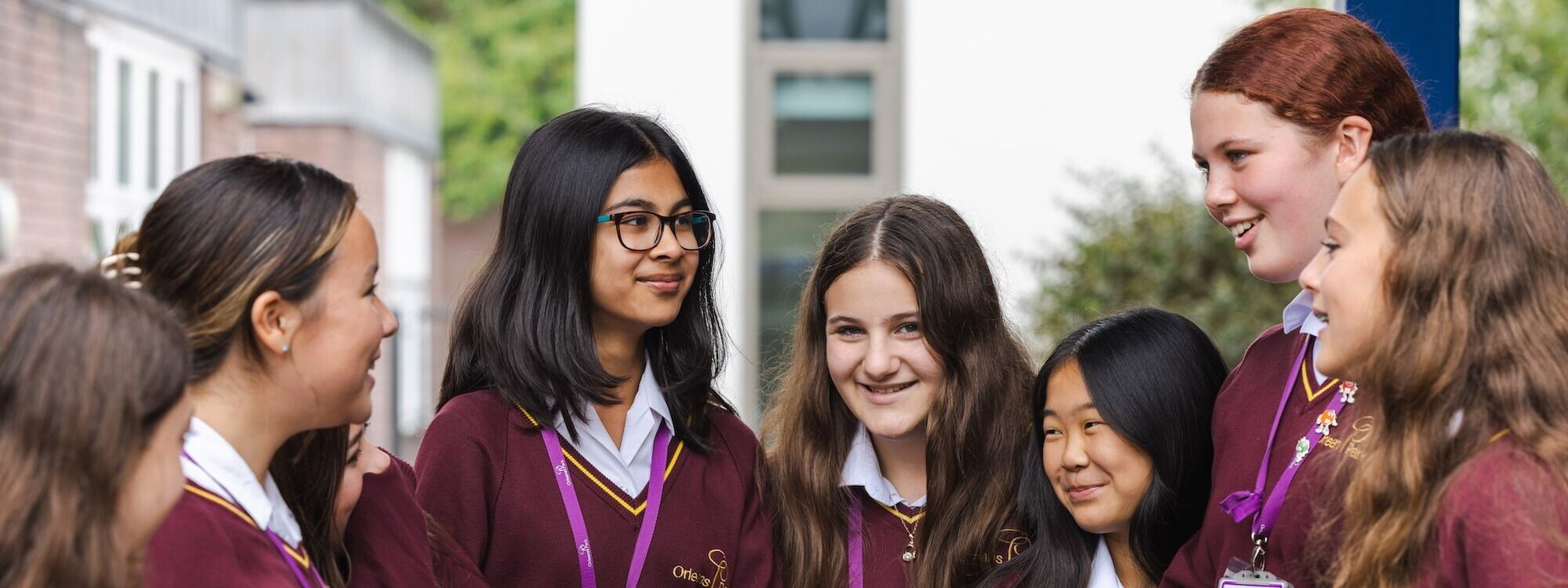
- Home
- Curriculum
- Subjects
- Child Development
Child Development
Curriculum Intent
We aim to give students wider knowledge, practical skills to understand all aspects of children’s development and parental responsibility, from conception to five years. Our goal is for students to be engaged and enthused in their learning and to understand its relevance to real-life contexts. All areas of our diverse society are considered when learning how to create the best conditions for a child’s development and well-being. The broad curriculum is designed to be challenging, engaging and allow students to investigate physical, social, intellectual and emotional development.
|
Key Stage 3 |
|
At Key Stage 3, Child Development students will focus on health and well-being for child development, this underpins all the other learning they complete in the subject. The aim is for students to develop the essential knowledge and understanding in child development, covering reproduction, parental responsibility, antenatal care, birth, postnatal checks, postnatal provision, conditions for development, childhood illnesses and child safety. Students develop an appreciation of the importance of creating the best conditions for a child to thrive. All students have the opportunity to attend the Baby Show, researching equipment for their NEA (non-examined assessment) in KS4. |
|
Key Stage 4 |
|
At Key Stage 4, Child Development students will develop their researching, planning, observing and evaluating skills. Students will:
Students will create 8 pieces of NEA demonstrating applied knowledge and practical skills relating to real life contexts. Child Development contributes to students social, cultural, intellectual and physical development and prepares them for many situations in their adult lives. |
Where can Child Development take me?
Students who study Child Development go on to study Child Care, Health and Social Care, Psychology, Sociology and Biology. Students who are interested in careers in EYFS (nursery and reception stage teaching), midwifery, children’s nutritionist, speech and language therapist, children psychologist and paediatric nursing.